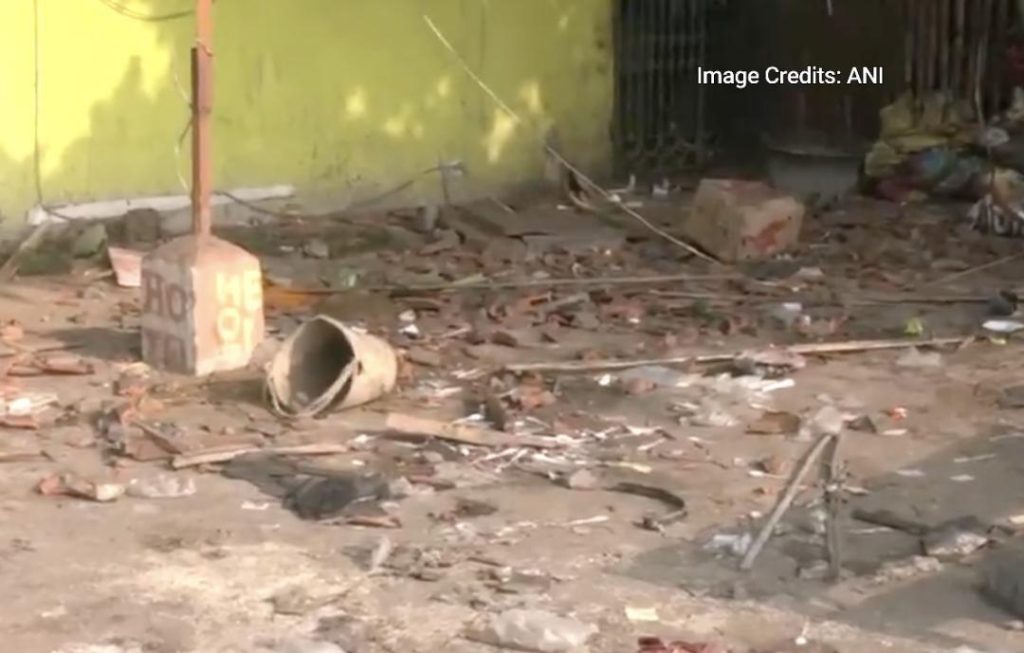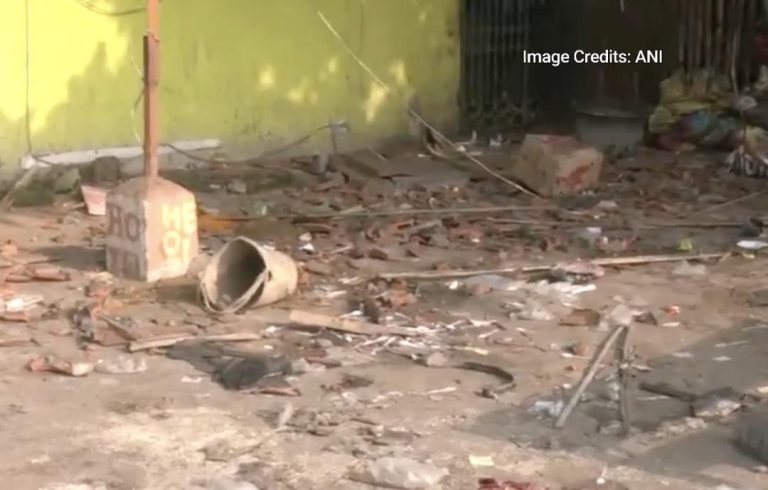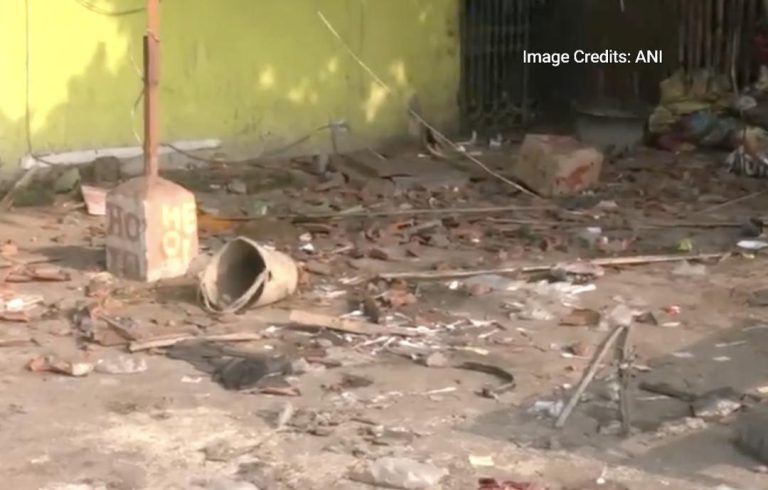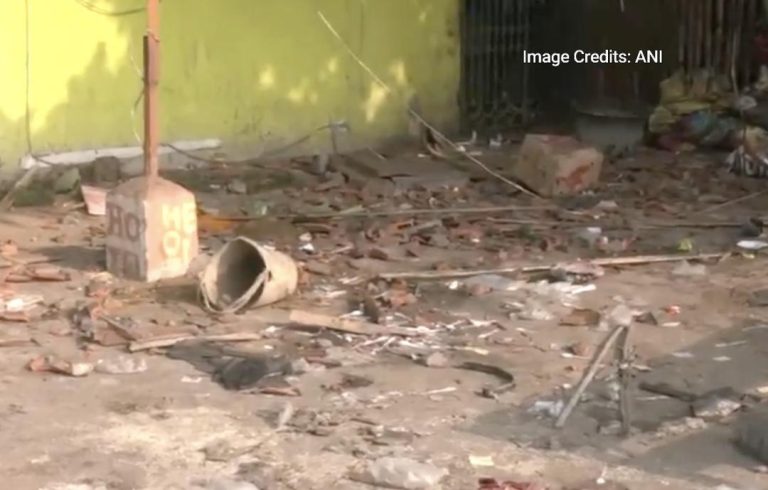
5,000 Disrupt Services & Pelt Stones at Bengal Railway Station During Protest Against Waqf Act
West Bengal, a state known for its rich cultural heritage and vibrant protests, has witnessed yet another instance of disruption in public services. Amid the ongoing protests against the Waqf Act, nearly 5,000 people gathered at the Dhulianganga railway station, disrupting train services and pelting stones at the station.
The incident occurred on Friday, causing significant inconvenience to commuters and affecting the movement of the Kamakhya-Puri Express. According to reports, the mob gathered at the station after 1 pm, and soon, the situation escalated into stone-pelting and destruction of property.
The Eastern Railways have confirmed the incident, stating that the protest resulted in the disruption of train services, including the Kamakhya-Puri Express. The railway authorities have launched an investigation into the matter to identify the perpetrators and take necessary action.
The Waqf Act, which aims to regulate and manage the properties and assets of Muslim institutions, has been a contentious issue in West Bengal. The protests, which have been ongoing for several days, have resulted in widespread disruptions and damage to public and private property.
The protesters, who are primarily from the Muslim community, have been demanding changes to the Waqf Act, which they claim is biased and discriminatory. The protests have gained momentum, with thousands of people participating in the demonstrations and marches across the state.
The incident at the Dhulianganga railway station is just the latest in a series of protests and disruptions that have gripped the state. The protests have also resulted in clashes between protesters and police, with several people being injured and arrested.
The situation has raised concerns about the safety and security of commuters, particularly during peak travel periods. The railway authorities have urged passengers to exercise caution and follow instructions from the police and railway staff.
The protests against the Waqf Act have also sparked a debate about the role of religion in public life and the need for greater representation and inclusion of marginalized communities. The incident at the Dhulianganga railway station highlights the need for peaceful and constructive protest, and the importance of respecting the rights and freedoms of all individuals.
In conclusion, the disruption of train services and stone-pelting at the Dhulianganga railway station is a stark reminder of the need for peaceful and constructive protest. The protests against the Waqf Act have highlighted the need for greater representation and inclusion of marginalized communities, and the importance of respecting the rights and freedoms of all individuals.






